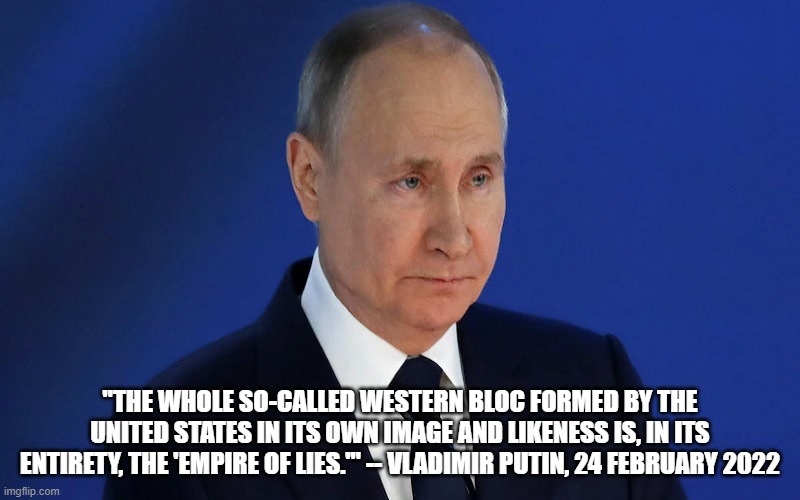
The overarching trend is that a very intense information war is being waged against Russia right now, especially with respect to the two misleading narratives that were clarified in this analysis.
The purpose isn’t just to discredit the special operation in the eyes of the world by making it seem like most Russians are against it, but also to influence those very same Russians into more actively expressing public disagreement with the campaign, including through participation in unauthorized rallies.
The US-led Western Mainstream Media has been pushing the dual information warfare narratives alleging that the Russian military doesn’t have the morale to participate in its ongoing special operation in Ukraine and that the Russian people are “rising up” in response to the Ukrainian leader’s appeal.
The first misleadingly claims that “Russians don’t want to fight Ukrainians” while the second reports unauthorized rallies and anti-war petitions out of context by omitting that most who participate in them are pro-Western members of the liberal elite or those who aspire to become such in the future.
What this piece aims to do is clarify some of the confusion among those who are unsure what to think after being incessantly bombarded with these false narratives since the onset of the campaign last Thursday.
Regarding the Russian military’s morale, it’s true that servicemembers don’t see Ukrainians as an enemy per se due to close historical and familial connections, but they’re also aware that the US-backed fascist puppet regime in Kiev viciously hates Russians for ethno-religious reasons.
Not only that, but everyone in Russia is well aware that Kiev has been carrying out unprovoked attacks against the indigenous Russian people of Donbass for eight years already in what President Putin described in late February as a genocide.
Furthermore, the Russian leader publicly revealed last Thursday when announcing his country’s special operation in Ukraine just how existential and imminent the threat of NATO’s military infrastructure there is. All of this galvanized the Russian military against Kiev’s US-backed fascists.
As for the Mainstream Media’s reporting about anti-war sentiment among Russian society, there’s also no denying that several thousand people participated in unauthorized rallies over the past few days and many orders of magnitudes more signed a petition condemning their country’s special operation in Ukraine, including large amounts of the social and academic elite.
What’s left out of their reports, however, are that there veritably exists a very active anti-government movement here, in spite of the Mainstream Media’s false claims that Russia is a so-called “dictatorship”, that always opposes the state no matter what the issue is.
They’ve recently taken to manipulating youth, including minors, into participating in their unauthorized (illegal) rallies too so as to increase the number of people there.
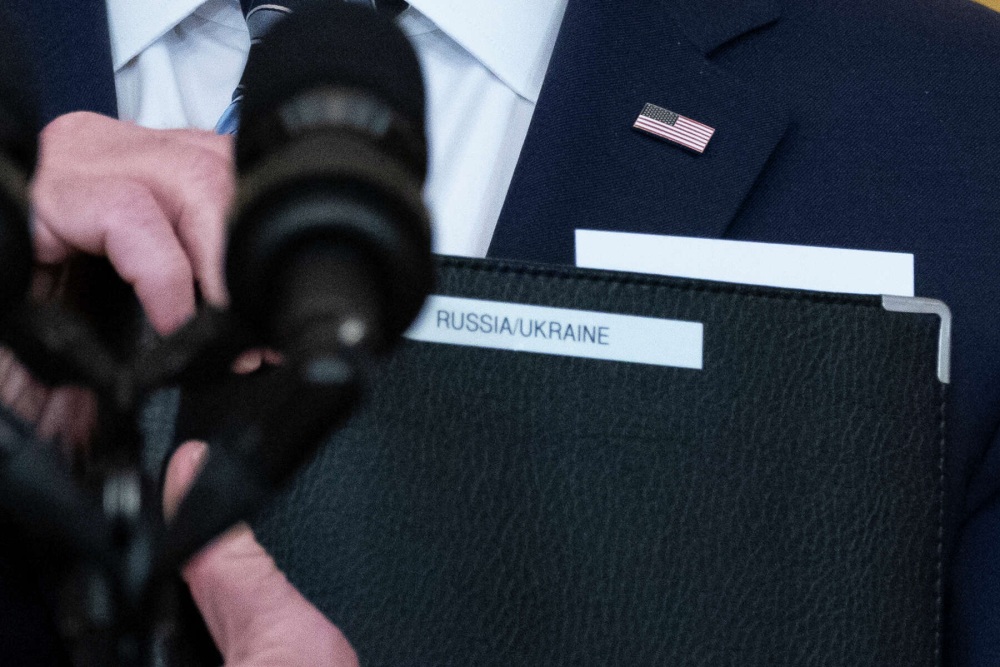
All of this is important to keep in mind lest one risk being misled by the Mainstream Media into thinking that Russia’s special operation in Ukraine is genuinely unpopular among the Russian Armed Forces (RAF) and the society that they represent.
That’s not an accurate perception though since it relies heavily on unsubstantiated speculation about the first-mentioned that hypocritically leaves out the extensively documented fascist element of their opponents, which has galvanized their ranks in opposition to the US-backed radicals that seized control of that fraternal state following early 2014 coup that came after weeks of urban terrorism described in the West as “EuroMaidan”.
That and Russia’s strategic security concerns stemming from NATO’s secret military infrastructure in Ukraine boosted the RAF’s morale.
The second-mentioned’s inaccuracies are easier to spot because of their visibility.
The high-profile social and academic figures who participate in activities against the special operation, be they unauthorized rallies and/or petitions, are well know for their passionate pro-Western liberal views for the most part.
Exceptions of course exist but these figures by and large aren’t representative of society at all.
Those breaking the law by participating in unauthorized rallies have also likely been misled about the conflict because otherwise it’s difficult to imagine any sincerely patriotic person being against the decisive measures employed to ensure the integrity of their country’s national security red lines.
Treasonous elements do indeed exist, but they’re presumably not representative of the majority of these activists.
The overarching trend is that a very intense information war is being waged against Russia right now, especially with respect to the two misleading narratives that were clarified in this analysis.
The purpose isn’t just to discredit the special operation in the eyes of the world by making it seem like most Russians are against it, but also to influence those very same Russians into more actively expressing public disagreement with the campaign, including through participation in unauthorized rallies.
That could then prompt the authorities to detain them, which in turn enables the Mainstream Media to misportray everything in such a way as to claim that “dictator Putin is scared of his own people!”
That also serves the purpose of trying to tempt more Russians to spill into the streets and so on and so forth.
While the objective of discrediting Russia’s special operation among Westerners had already succeeded before it was even officially commenced, it’s not the case that non-Westerners are also against it too, or at least not as significantly as their peers in Russian society who’ve been incessantly indoctrinated with anti-Russian narratives for years already.
Furthermore, there are absolutely no credible scenarios of foreign meddling via the Hybrid War combination of sanctions and information warfare catalyzing any meaningful Color Revolution movement in Russia.
The most that might happen is that the Mainstream Media’s false narrative about the supposed unpopularity of this special operation among the RAF and their country’s society will likely persist in the West but eventually be ignored in the non-West.
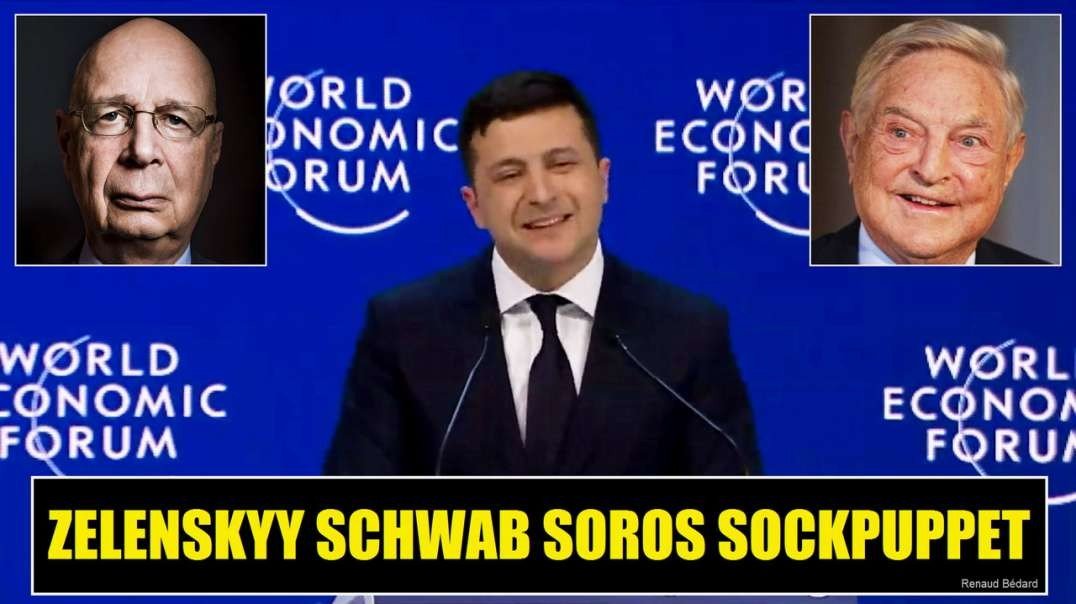
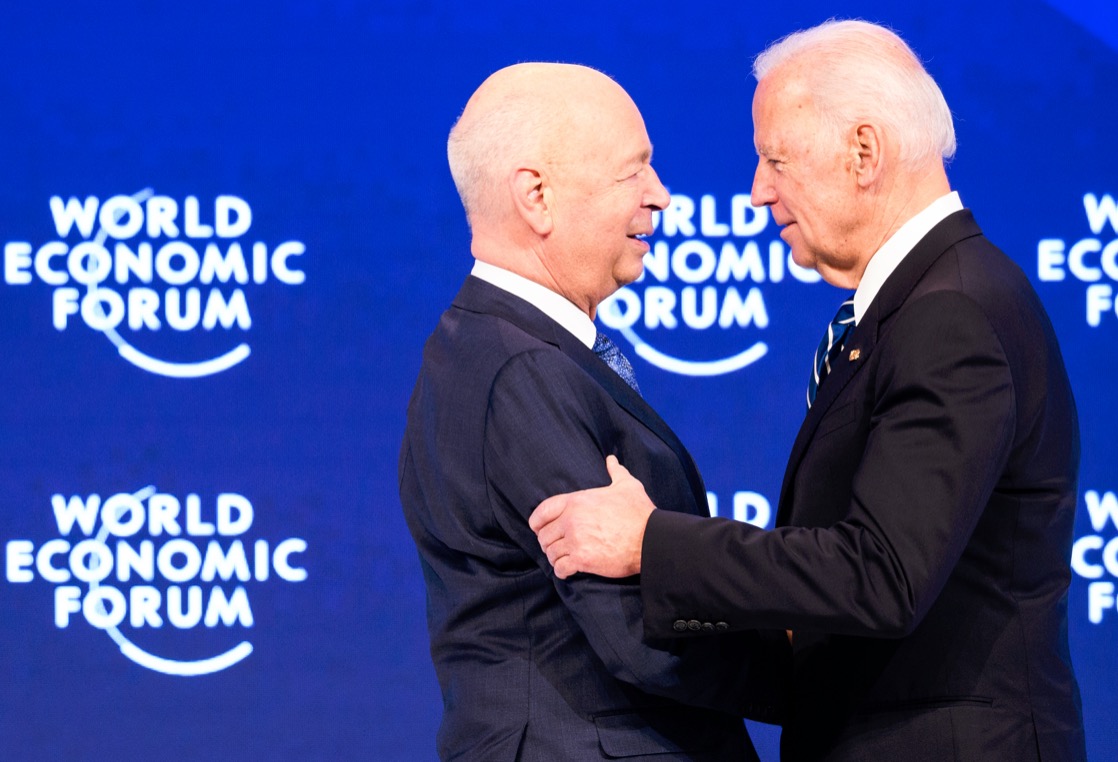
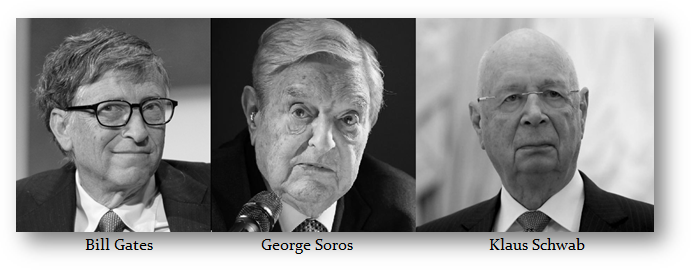
By Andrew KORYBKO
Published by One World
Republished by The 21st Century
The views expressed in this article are solely those of the author and do not necessarily reflect the opinions of 21cir.com
